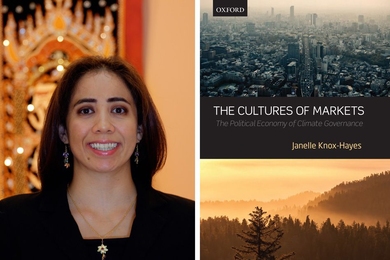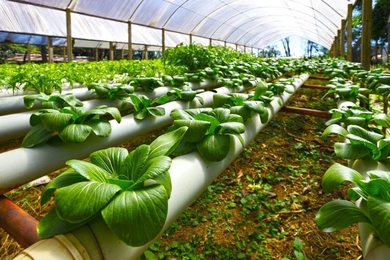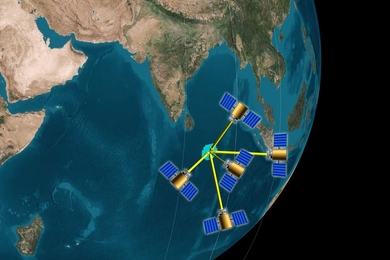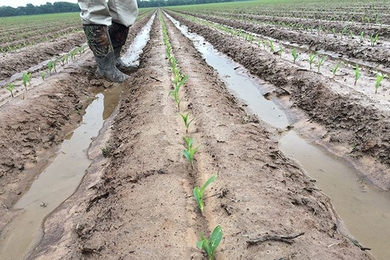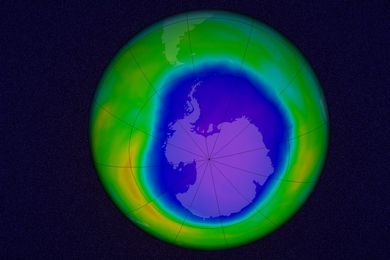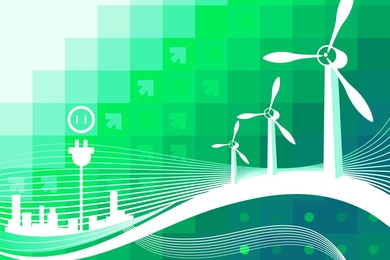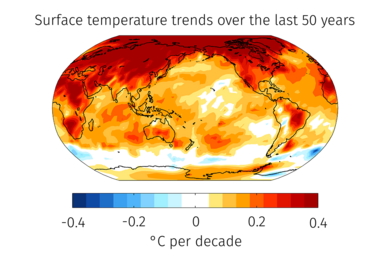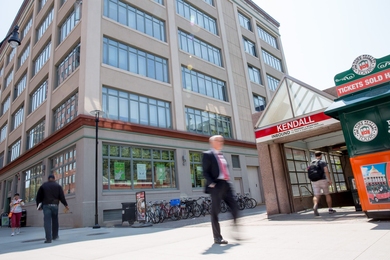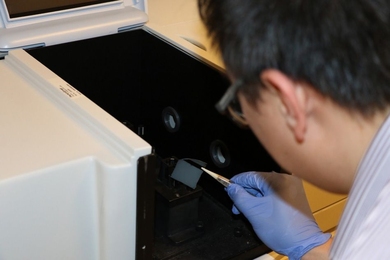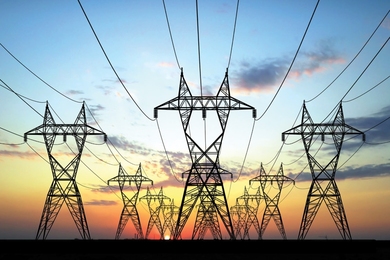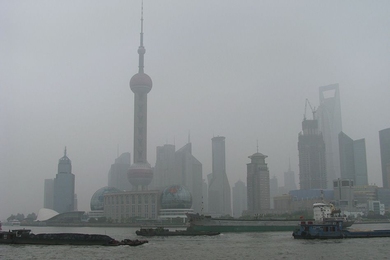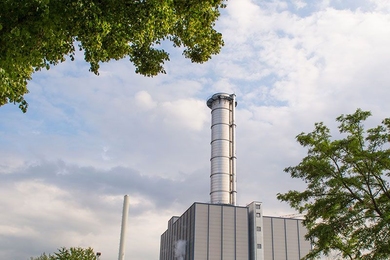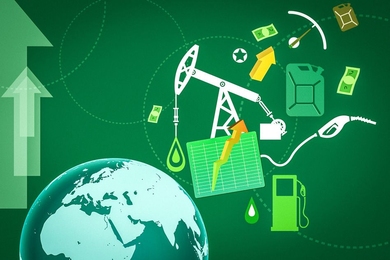Growing season
New professional education program on agriculture, innovation, and the environment attracts global agricultural leaders to MIT.
Better views with smaller satellites
Batches of shoebox-sized satellites could improve estimates of Earth’s reflected energy.
Gauging the impact of climate change on U.S. agriculture
New approach tracks key factors affecting crop yields, enabling early adaptation.
MIT announces Solve program activities
Addressing the world’s most pressing issues, second year of program will focus on in-person gatherings, solution proposals.
Scientists observe first signs of healing in the Antarctic ozone layer
September ozone hole has shrunk by 4 million square kilometers since 2000.
Southern Ocean cooling in a warming world
Research suggests Antarctica and the Southern Ocean may be experiencing a period of cooling before warming takes over, thanks to the ozone hole.
Solving the mystery of the Antarctic’s missing heat
New research may explain why sea temperatures around Antarctica haven’t risen as much as surface temperatures around the globe.
New Access MIT program offers free public transit to MIT employees
Plan gives commuters flexibility to choose, day-to-day, how they get to campus.
New solar absorber could improve efficiency of solar thermal technology
Masdar Institute-MIT team develops device that harnesses more sunlight, enhancing efficiency of heat production.
Target coal or carbon?
Researchers are analyzing coal and energy caps as carbon policy instruments for China.
Carbon pricing under binding political constraints
Grad student Jesse Jenkins and professor Valerie Karplus discuss challenges of emissions pricing in a new paper.
MIT joins Carbon Pricing Leadership Coalition
Led by World Bank and IMF, coalition seeks to price emissions to tackle climate change.
